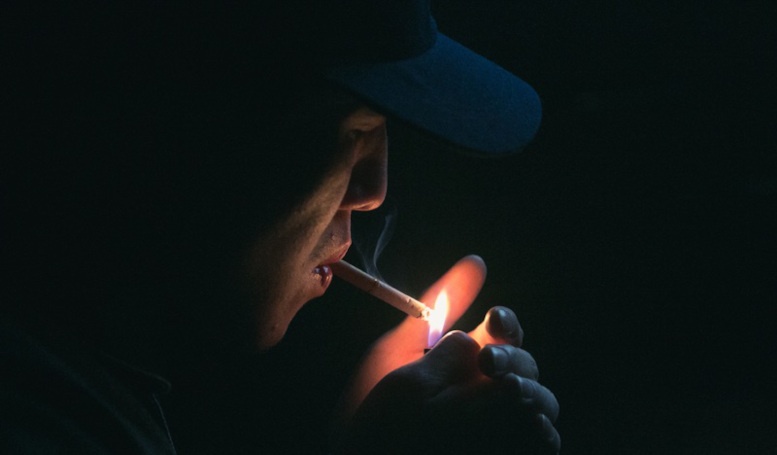Italy is losing out on a potential half-billion euro industry by failing to establish enlightened laws and regulations for smokable hemp, according to a recent study in Italy and France by the Italian hemp business website Canapa Industriale.
The current market, estimated at €200-€300 million, could roughly double, lead to the creation of thousands of jobs and bolster state tax coffers, the study observes in analysis of the smokable hemp sub-sector that is part of a broader report on CBD and hemp inflorescences.
At the same time, clear rules would help to eliminate public health risks that have cropped up since a gray market for smokable “cannabis light” in Italy materialized beginning in 2016.
While calling for the establishment of a formal framework for the products, the analysis also suggests removing obstacles to research and innovation would help smokable hemp to flourish.
‘Double track’
“Decades of prohibition have created gray areas and a double track of legal and illegal hemp in the current legislation,” the authors write, lamenting “the indiscriminate control of the police on companies operating in the legal hemp market as if it were illegal (and) related to the drug trade,” which they say inhibits growth of the smokable hemp market.
Based on a survey of participants in the two countries, the study showed hemp-based non-narcotic cannabinoid products are widely distributed both online and at points of sale in Italy, especially in specialized shops and tobacco vendors, in the absence of laws and rules that technically do not prohibit trade in such products.
“Currently there are numerous cannabis light shops in Italy, which can count on a market of occasional and stable consumers, willing to take the risks deriving from the absence of regulation of hemp-based inhalation products,” the authors write.
Safer alternative
The results of the survey show that consumers mainly buy hemp flower-based products for inhalation – as a substitute for tobacco, marijuana and other psychoactive substances.
Overall, the average monthly expenditure of non-occasional light cannabis consumers is between €40 and €70. That has fueled entrepreneurship in agriculture and other startups since 2016, the study notes.
Furthermore, roughly one out of four French consumers claims to have used an Italian hemp product, the study found, with that percentage higher in the smokable hemp sector.
In other highlights, the report:
- Suggests that the Italian regulatory framework should aim to maximize available hemp varieties and distribution channels for products based on flowers while providing quality controls to assure the absence of contaminants.
- Recommends taxation should be based on the type of product and the intended manner of consumption, taking into consideration potential harmfulness. Hemp flowers packaged as herbal tea, for example, should be taxed differently from those intended for smoking.
- Says vaping should be considered the least harmful form of inhalation and be taxed at a lower level than pre-rolled packs of cigarettes.
- Notes that an observable reduction in the use of conventional medicines appears to be partly linked to consumers’ belief that hemp-based products are more effective in treating specific medical conditions. Yet for almost all the maladies treated with hemp-based products, more scientific evidence of their medicinal efficacy is needed.
- Observes that several “more prudent” European countries already have regulations for hemp-based inhalation products, and fast-growing markets, noting that Austria, Belgium, Luxembourg and Lithuania have gained important revenues through tax rules for inhaled products similar to those for alcohol and tobacco.

